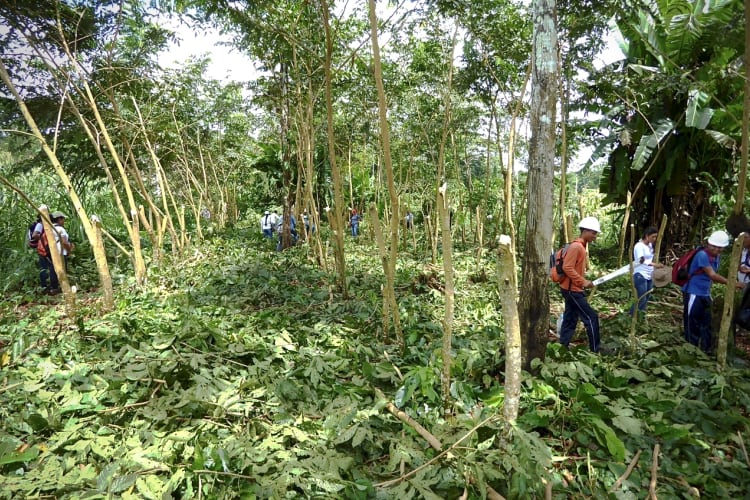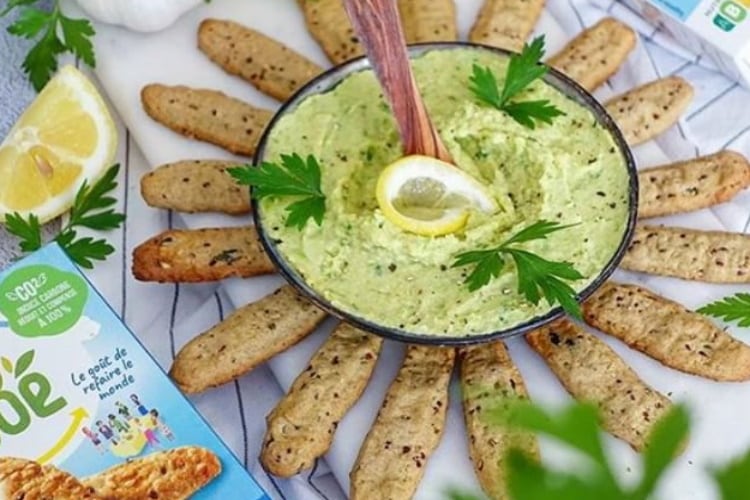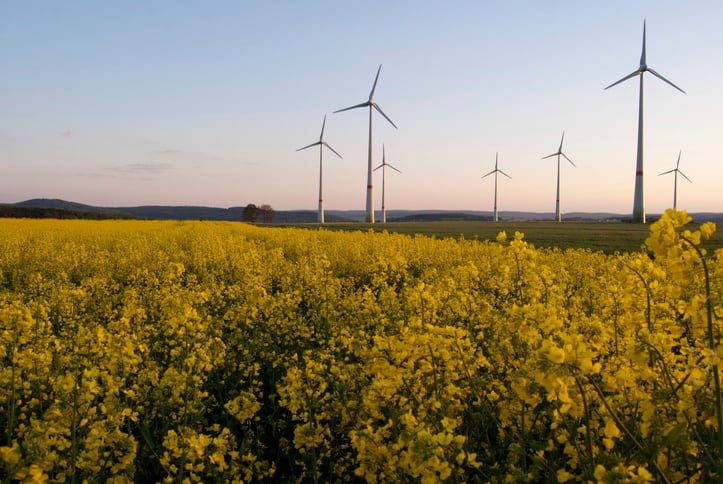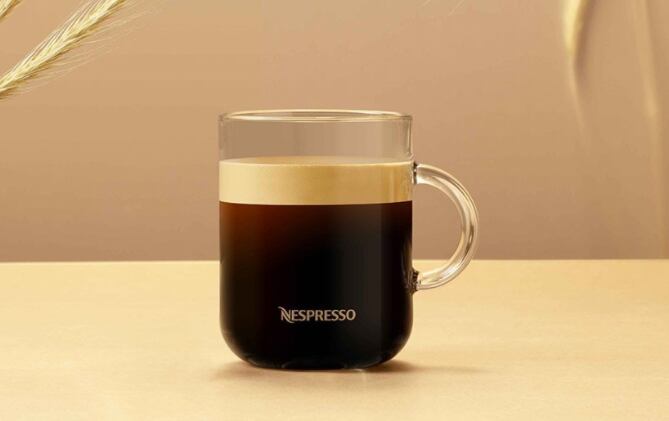Alara Wholefoods has a number of ethical firsts to its name. Founded by Alex Smith in 1975 using £2 he found on the street – the fee to get a van into New Covent Garden – Alara began life recovering discarded fruit and veg and selling it in a squatted shop. This shop was to become one of the UK’s first wholefood stores.
From there, Alara developed its early muesli recipes and in 1988 the group became the first cereal company in the world to be certified organic. In 1993, Alara made another breakthrough, producing the first certified Fair Trade cereals for Traidcraft and the Alara brand.
The company’s ambition is to be the ‘most sustainable food manufacturer on Earth’. And this week, the ethical food pioneer unveiled another first. It will become the first cereal company globally to measure and communicate Scope 3 carbon emissions, which include indirect emissions in the value chain in addition to those produced by the company’s own production.
The challenge and importance of Scope 3
Mapping and calculating the end-to-end carbon footprint of a product is a challenging and complicated task. It is far more complex than working out Scope 1 or 2 emissions, which cover direct emissions from controlled sources and indirect emissions from the generation of electricity.
“Calculating Scope 3 CO2e is complex and by its very nature imprecise,” Smith told FoodNavigator.
“A difficult thing to embrace is that this measurement is vital even in the face of the embedded imprecision.
“While these Scope 3 CO2e emissions are impossible to accurately measure for each ingredient 100% of the time I believe the food industry as a whole needs to seriously engage with this work in a transparent way.”
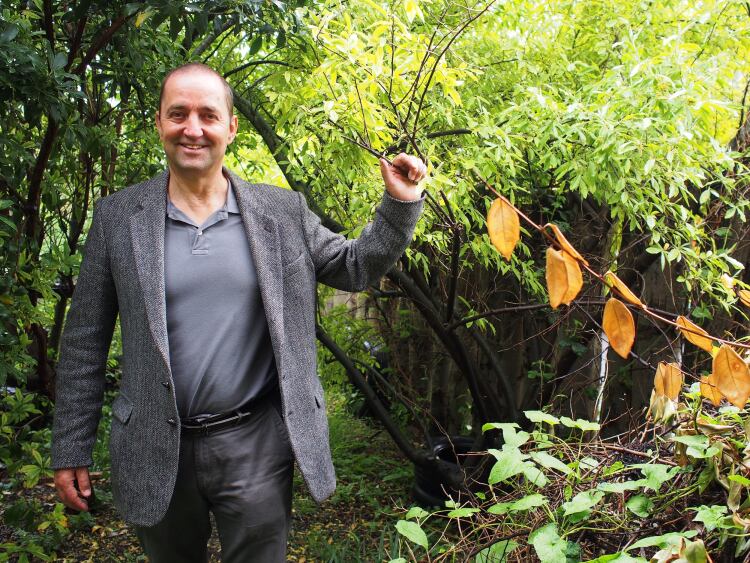
The company has been working with researchers at the University of Westminster to collect data and calculate the CO2e for all of the ingredients used in its branded products. The Westminster team are carrying out a data search and amalgamation project that Alara hopes to make available for ‘general use’ in the form of an app, Smith explained.
The CO2e declaration will appear on-pack on Alara’s new Grow Back Greener selection of organic breakfast cereals. The range comes in four variants – Apple & Cinnamon Bircher; Crispy Fruit Muesli; Fruits & Seeds Muesli; and Original. All four products are organic and come in plastic-free packs, with retail pricing at £2.70-£3.29 for 650g.
‘Climate chaos’ will be ‘more devastating’ than COVID
Smith said that the consumer segment Alara is targeting with this approach are those who ‘think love is important’.
He believes that a growing cohort of shoppers is concerned about the sustainability of products, particularly in the wake of changing attitudes ushered in by the coronavirus pandemic. “We can see a general recognition that the shock of the pandemic has shaken up the old view and that a new emphasis on sustainability is growing especially as the reality of climate chaos builds,” he told this publication.
Indeed, the ethical food founder continued, ultimately he expects that the COVID-19 crisis could well come to be overshadowed by the massive impact global heating will come to have on the food system.
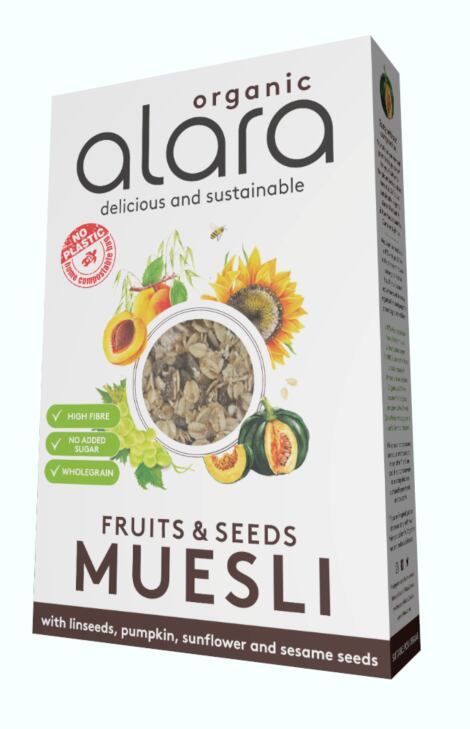
“Our view is that climate chaos, though slower developing than the current pandemic, is potentially much more devastating. To ameliorate the huge contribution that food and farming make to global heating, food businesses must start taking responsibility for the embedded carbon in the food they produce. You can’t take responsibility unless you measure what the Scope 3 CO2e is.”
‘We are a carbon neutral brand’
Calculating and publishing Scope 3 emissions is an important step in Alara’s sustainability journey and also helps to raise consumer awareness of the carbon impact of food. “As our aim is to support the transition to sustainable food systems we see this communication as vital,” Smith elaborated.
The company has already invested heavily in its carbon efforts. It is working alongside the charity Rainforest Saver to offset the embedded carbon in its new range, while protecting and returning to health pristine rainforest in South America and Central Africa.
“We believe we are a carbon neutral brand already,” Smith said. “We have been contributing to Rainforest Saver for about five years and are making this public now."
Rainforest Saver employs a farming technique known as Inga Alley Cropping, an alternative to slash and burn farming that involves the planting of rows – or alleys – of Inga trees, and growing crops in the space between the rows.
Native to tropical areas, the Inga tree is highly effective at ‘fixing’ nitrogen in the soil, creating a continuously fertile piece of land. The trees are coppiced down each year, a process which helps capture and build soil carbon.
“Over a 20-year period an Inga tree will sequester half a ton of carbon, which is about 1.9 tons of CO2. Now, because of the way we are working with Rainforest Saver and paying for Inga trees to be planted, we are offsetting the embedded CO2 in the products we are selling.”

